We've Been Certified By Soil Association!
We've got some exciting news to share with you... After a long and lengthy process we are so happy to announce our new and clean, organic range (wait for it) ... Has been certified by Soil Association!!!
Every product within our organic range is certified by Soil Association this includes our range of organic berries, organic tea, organic powders and pure capsules!
We have worked closely with the determined & hard working Soil Association team to have each individual organic product go through the Soil Association process, analysed and certified. You can browse our organic range with confidence every product is organic and not another false marketing tool/statement.
Why Soil Association?
If you don't know already... All of our products have a 100% ingredient transparency. In other words, you know exactly what we use in our products. No mystery proprietary blends and no false information!
We don't want to sell organic products without any evidence of it being organic. With Soil Association's organic standards among the best in the world we thought we'd get them to analysis and support our product transparency! So let's give you some extra information about Soil Association (from the team themselves) who they are, what they do and why their standards are so high?
Who is Soil Association?
Soil Association Certification Limited is the UK’s largest and oldest organic certification body, licensing over 70% of the organic food on sale in the UK. It is a wholly-owned subsidiary of the Soil Association charity.
What are Organic Standards?
Next time you visit a supermarket, take a look at the food labels.
You'll see plenty of claims about sustainability and welfare, but amongst them, the organic logo stands out as the only one underpinned by law. All organic food and drink sold in the EU must meet the EU Organic Regulation.
Soil Association certified products must legally comply with the EU Organic Regulation. They must also meet our additional higher standards – as shown by the Soil Association logo. Standards put our principles into practice and are at the heart of our work.
The Soil Association wants to ensure the highest possible standards of animal welfare, environmental and wildlife protection, so we have our own higher – or stricter – standards in key areas.
We have higher standards because we want to drive change.
The Soil Association had standards on livestock, wine production and fish farming before they became enshrined in EU law.
Soil Association have also developed trustworthy standards for areas which were not supported in EU law, such as health and beauty and textiles.
How certification works
For a food product to be labelled as organic, every organisation working up and down its supply chain – from farmers, to packers, to food processors, and organic retailers – have to meet organic standards and prove it to an organic certification body.
- All organic farms and food companies are thoroughly inspected at least once a year. They also need robust systems in place and paperwork that shows the standards are being met the rest of the time.
- Once organic farms and food companies are certified as meeting strict organic standards, they are issued with a certificate and a trading schedule. This lists all the crops, livestock or products they are certified to trade as organic. This certificate acts like a passport and is necessary to prove the organic status of the goods when they are sold on.
- When products are imported from countries outside of the EU, they not only have to be accompanied by an organic certificate, but they also need a Certificate of Import. This verifies the product is produced to organic standards equivalent to those in the EU.
- To ensure that organic certification is carried out consistently, the inspectors themselves are inspected every year. Checks are made by accreditation bodies such as UKAS and UK certification bodies are required to regularly report to the Department of Environment, Food and Rural Affairs (Defra).
This might sound like a complex bureaucratic process, but it’s designed to ensure that organic food is food you can trust. The system needs to work whether you’re buying veg directly from a farmer or spices in a supermarket where ingredients may have come from smallholders on the other side of the world.
Soil Association organic standards are among the best in the world
This is how organic certification works the world over. We’re proud that the Soil Association has one of the most rigorous and transparent certification processes we’ve ever come across.
Soil Association standards are still driving change today. For example, the routine use of antibiotics is not allowed in organic farming under the EU Organic Regulation, but our higher standards go further. We explicitly restrict any use of antibiotics which are critically important for human health and are working to influence the EU Organic Regulation to come into line with our standard.
_____________
Thanks to Soil Associations most rigorous and transparent certification processes, high standards and drive to make change you can now shop our organic range with trust and confidence you are buying ORGANIC products!
Make sure to share this blog with your friends or anyone interested in organic products and lifestyle!
Sources tagged within blog & below:
| Reference | Source | Link |
|
Soil Association |
https://www.soilassociation.org/ |

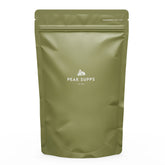

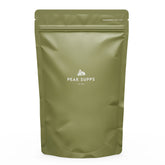

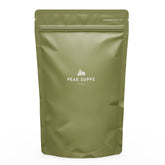

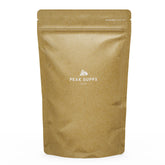

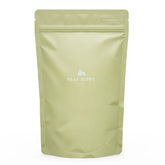

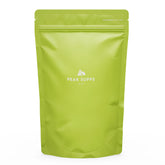

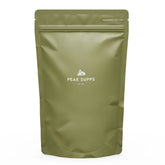

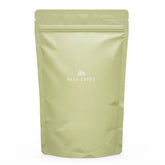



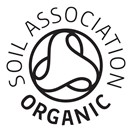




Leave a comment
Please note, comments need to be approved before they are published.